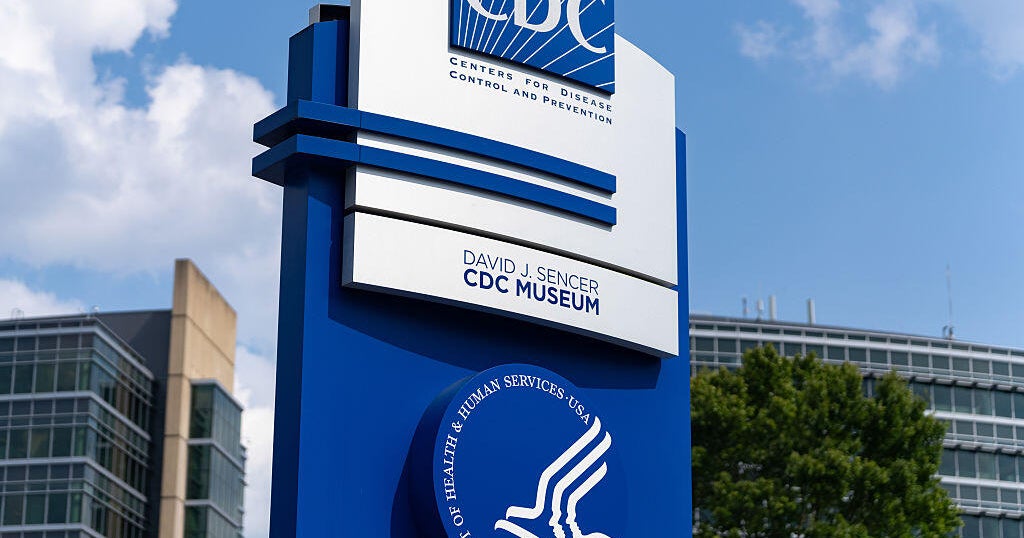Washington State Man Dies in First US Human Bird Flu Fatality
A Washington state man has died from a rare H5N5 bird flu strain, marking the first human death from this infection in the US, with officials monitoring contacts.
Overview
- A Washington state man is believed to be the first person in the United States to die from a rare strain of bird flu, identified as H5N5.
- The man's infection is linked to his backyard domestic poultry flock, which had been exposed to wild birds, leading to the transmission of the H5N5 virus.
- Health officials are actively monitoring close contacts of the deceased, though no other individuals have tested positive for avian influenza in this case.
- Authorities, including the CDC, confirm there is no evidence of human-to-human transmission and the overall risk to the public remains low.
- The H5N5 strain is not considered more dangerous to human health than the H5N1 virus, which caused numerous human infections in 2024 and 2025.
Report issue

Read both sides in 5 minutes each day
Analysis
Center-leaning sources cover this story neutrally, focusing on factual reporting and official statements. They present the rare bird flu death alongside immediate reassurances from health officials about low public risk. The coverage avoids loaded language and provides context from the CDC, ensuring a balanced and informative account without editorial bias.
Articles (5)
Center (3)
FAQ
H5N5 is a subtype of avian influenza virus that has previously only been detected in animals. It is closely related to other H5 strains like H5N1, which has caused human infections in recent years. There is no evidence that H5N5 is more dangerous to humans than H5N1, but it is notable for being the first human infection and death from this specific strain.
The man contracted the H5N5 virus through exposure to his backyard flock of mixed domestic birds, which had contact with wild birds. Environmental samples from the flock tested positive for avian influenza, indicating this was the likely source of infection.
There is currently no evidence of human-to-human transmission of H5N5. Public health officials are monitoring close contacts of the deceased, but transmission between humans remains extremely rare for avian influenza viruses, including H5N5.
The risk to the general public from H5N5 is considered low by the CDC and Washington State Department of Health. Most human cases occur after direct contact with infected birds or their environment, and there is no evidence of sustained human-to-human transmission.
People should avoid contact with sick or dead birds, practice good hygiene when handling poultry, and report any unusual bird deaths to local authorities. The best protection against seasonal influenza is vaccination, which is recommended for everyone over six months old.
History
- This story does not have any previous versions.



